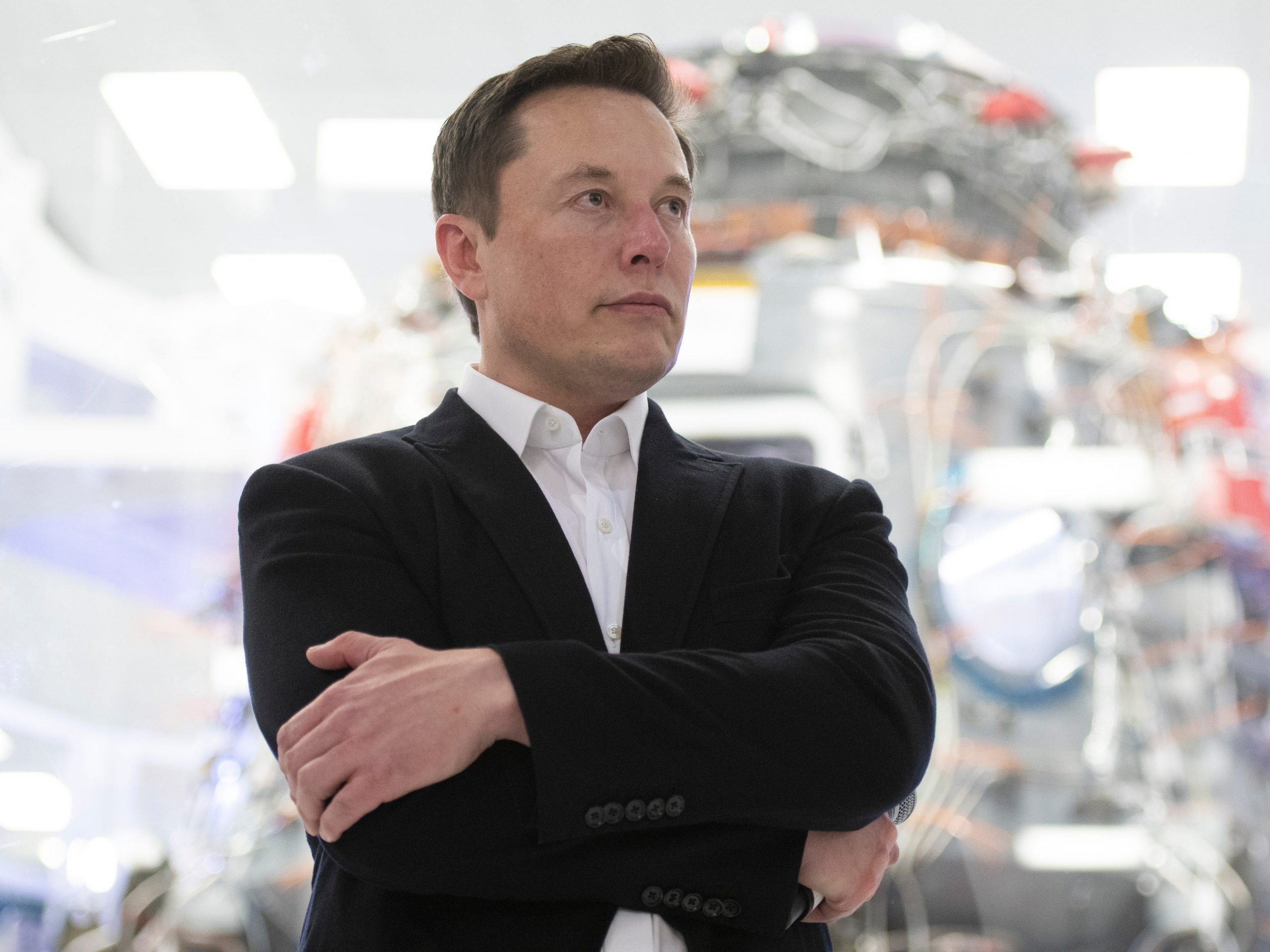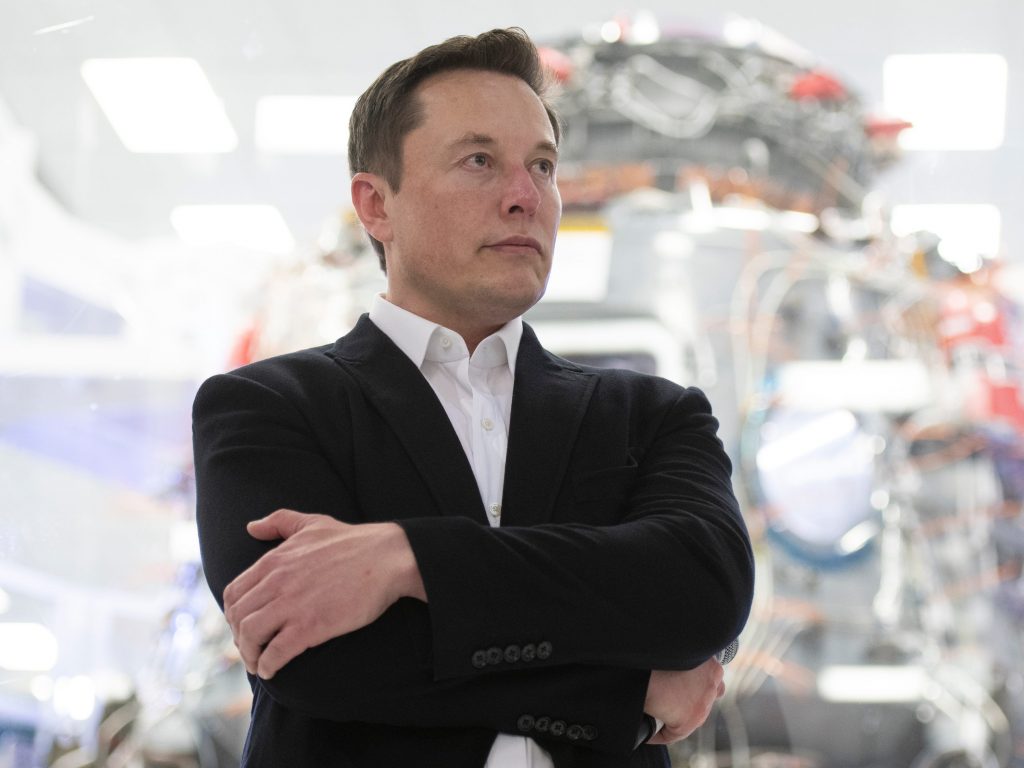
NurPhoto/Contributor/Getty Images
- Tesla is in talks to pay in advance for computer chips, according to a report from Financial Times.
- The company is also reportedly mulling the purchase of its own semiconductor plant.
- Last month, Tesla CEO Elon Musk said the global chip shortage has caused "insane difficulties."
- See more stories on Insider's business page.
Tesla is in talks to pay upfront for supplies of computer chips, the Financial Times reported on Wednesday.
The step would be an unusual one for tech and automotive companies, but could allow Tesla to jump the line when it comes to securing the increasingly scarce semiconductor chips.
Some chip-making companies have already begun allowing major corporations to put down deposits on large chip orders at fixed rates, FT reported. The practice could make it even more difficult for smaller companies to obtain the commodity.
The global shortage of computer chips, driven by disruptions in the supply chain due to COVID-19, has rocked the automotive and tech industries. In the beginning of the year, Bloomberg reported the chip shortage could cost car companies to lose as much as $61 billion in revenue.
Many automakers have since been forced to shut down manufacturing plants and prioritize the most profitable car models they produce as a result of the shortage. Computer chips account for about 40% of a new car's cost, according to a report from Deloitte, and are used in navigation, Bluetooth, and collision-detection systems.
Tesla has not been immune to the impacts of the shortage. Last month, during the company's earnings call Tesla CEO Elon Musk said supply-chain issues were causing "insane difficulties" for the electric carmaker and the chip shortage had impacted Tesla's manufacturing goals.
Tesla is also mulling the idea of purchasing its own semiconductor plant, sources familiar with the matter told the FT. Though, the sources said the idea was at a much more "preliminary" stage. Developing its own plant could also allow Tesla to bypass the chip shortage, but the purchase would be pricey and would likely be difficult to stand up, according to the report.
Musk has shown interest in vertical integration. Last year, the company announced plans to make its own battery cells and even bought land in Nevada to mine for its own battery-grade lithium.
Tesla is just one of many companies looking for shortcuts to overcome the chip shortage. From Samsung to Whirlpool or Ford, many companies could follow Tesla's lead and pay for computer chips in advance.
Read the full Financial Times story here.

